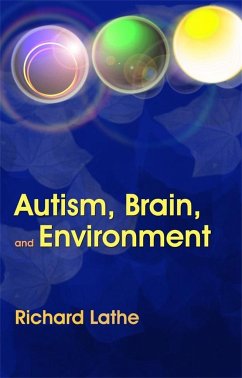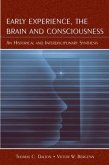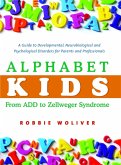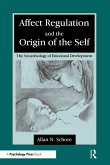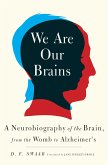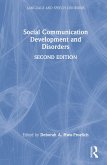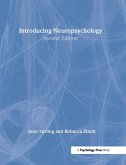In this controversial new book, Lathe contends that the recent rise in cases of autism spectrum disorders--ASDs--is a result of increased exposure to environmental toxicity combined with genetic predisposition.
Hinweis: Dieser Artikel kann nur an eine deutsche Lieferadresse ausgeliefert werden.
Hinweis: Dieser Artikel kann nur an eine deutsche Lieferadresse ausgeliefert werden.
'Richard Lathe has written a remarkable synthesis of the biomedical evidence relevant to understanding the causes of autism spectrum conditions. As an excellent scientist, he is concerned with achieving an objectivity in his review of a very large number of studies. He draws on evidence from the diverse fields of genetics, endocrinology, immunology, toxicology, virology, and neuroscience, to name just a few. There are few individuals with his grasp of the basic science who could have pulled off such a masterly review. He balances his theory of environmental (heavy metal toxicity) factors with a recognition of genetic susceptibility factors. His book will be of great value to researchers, as well as to parents or people with an autism spectrum condition, who are interested in a serious summary of the science of autism.' - Simon Baron-Cohen Professor of Developmental Psychopathology at Cambridge University and Director of the Autism Research Centre, Cambridge
